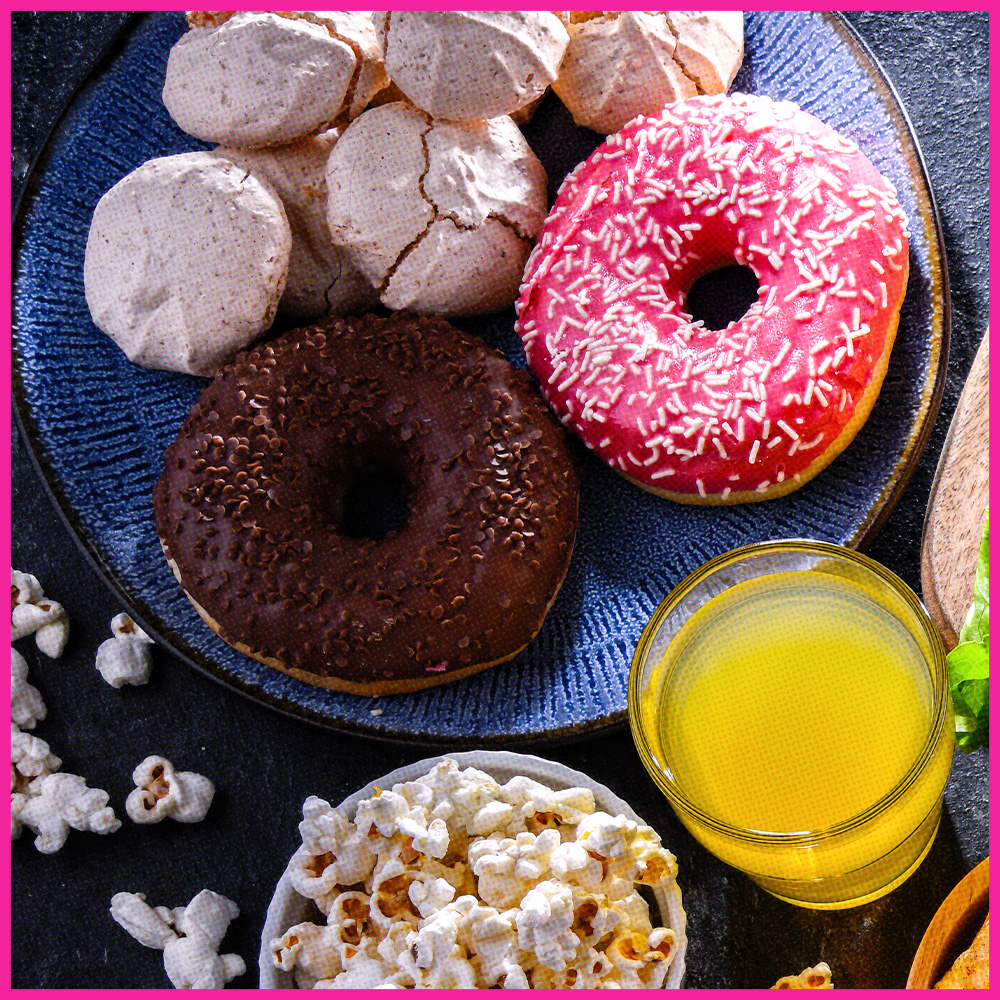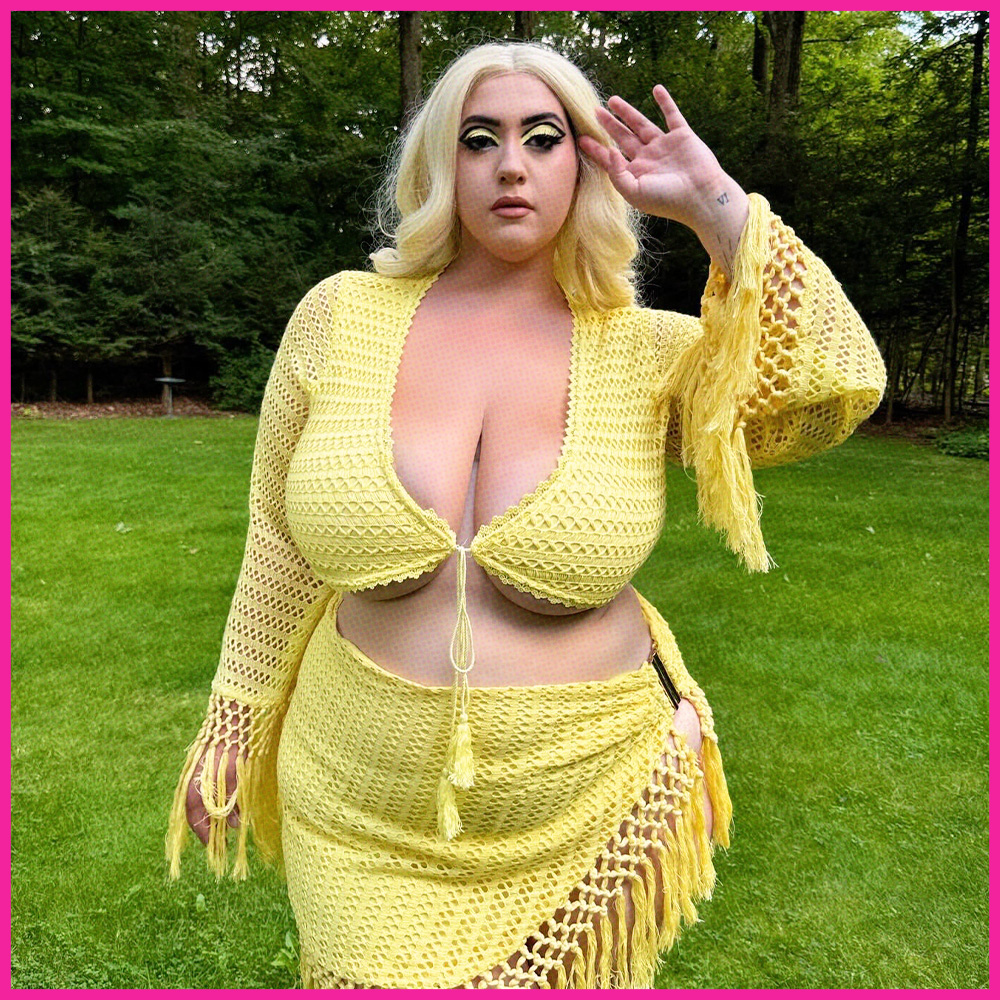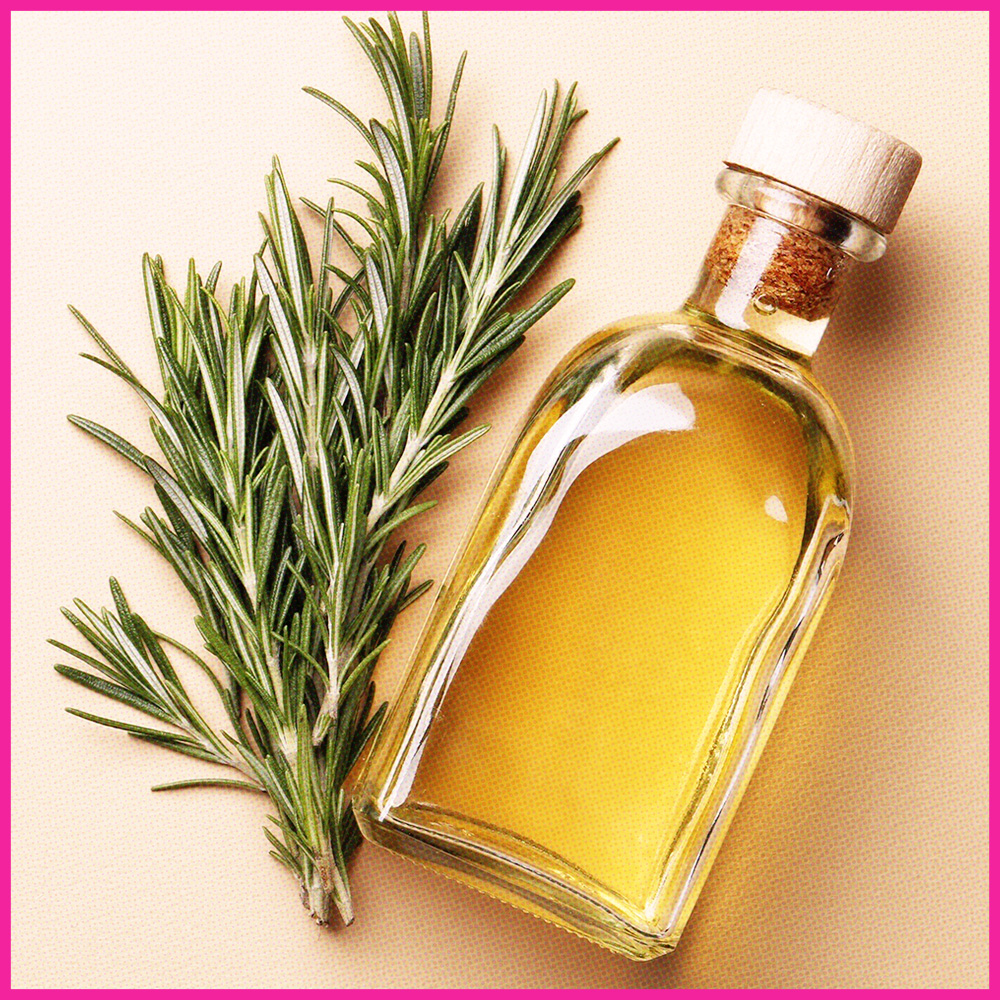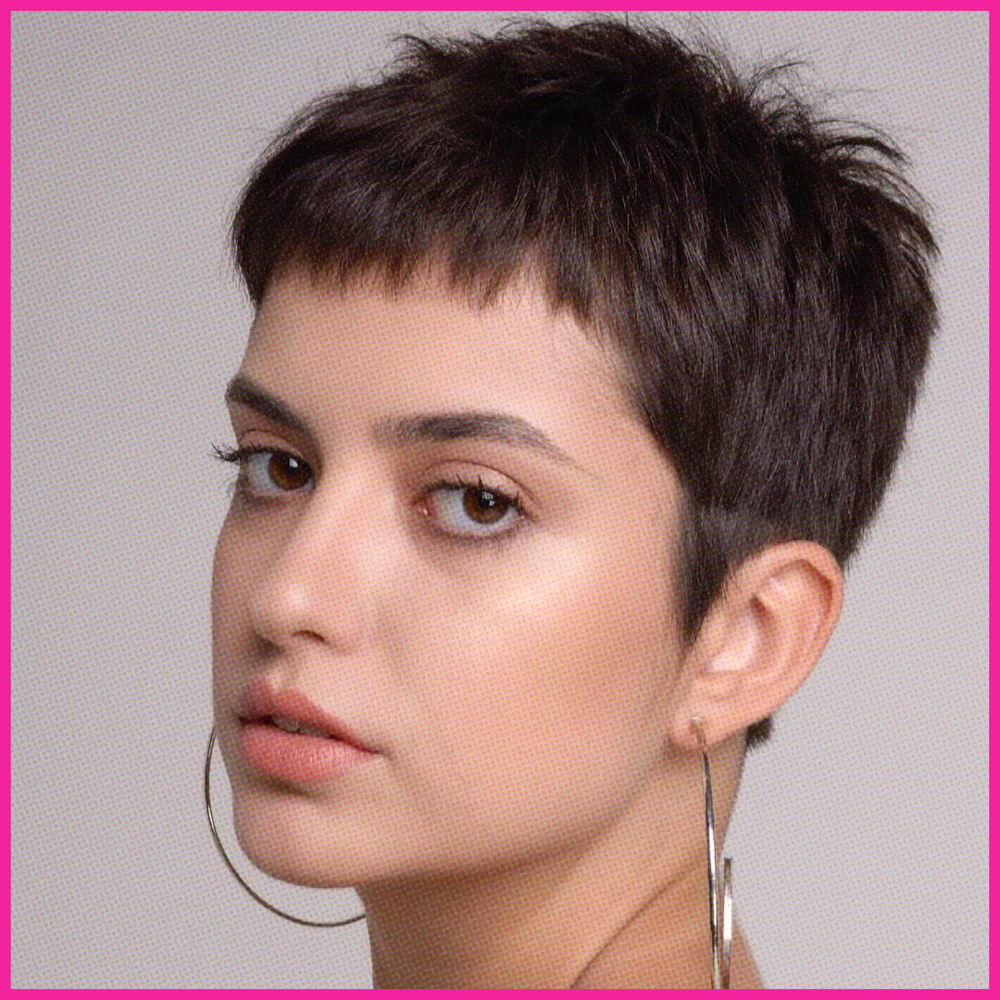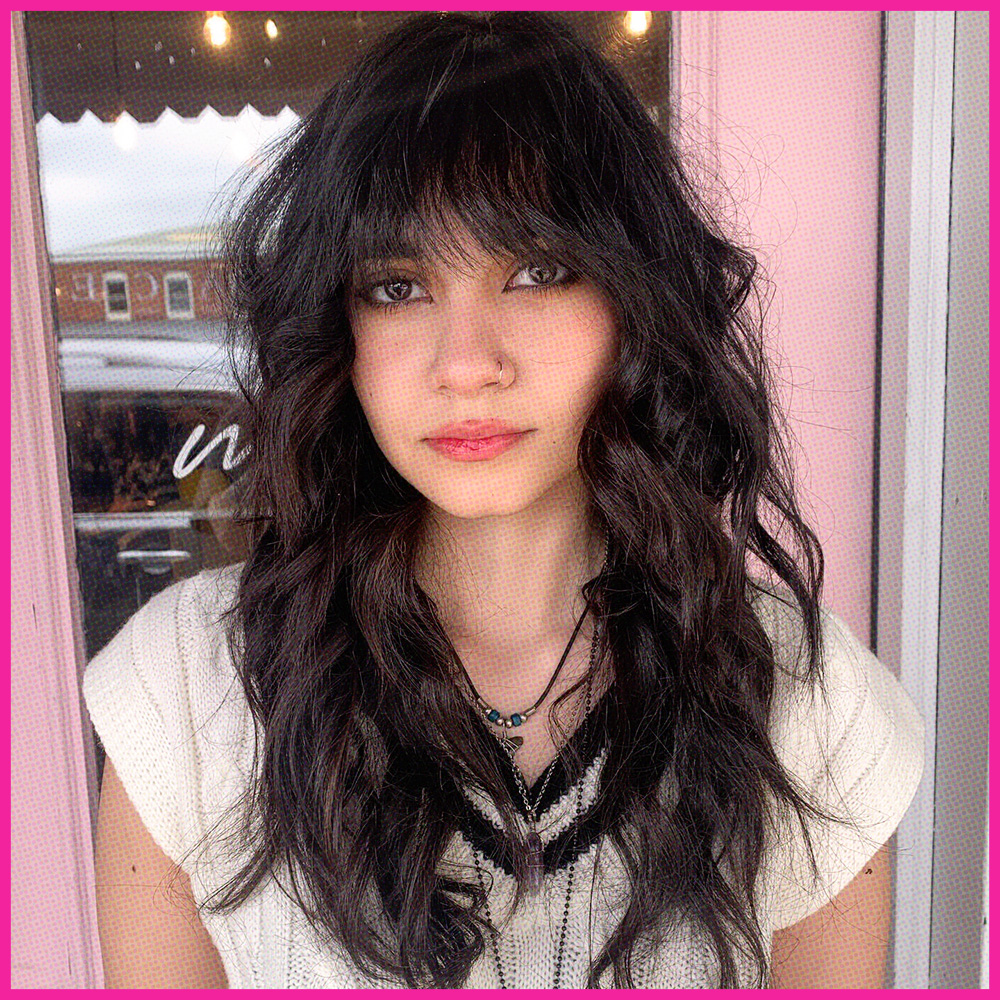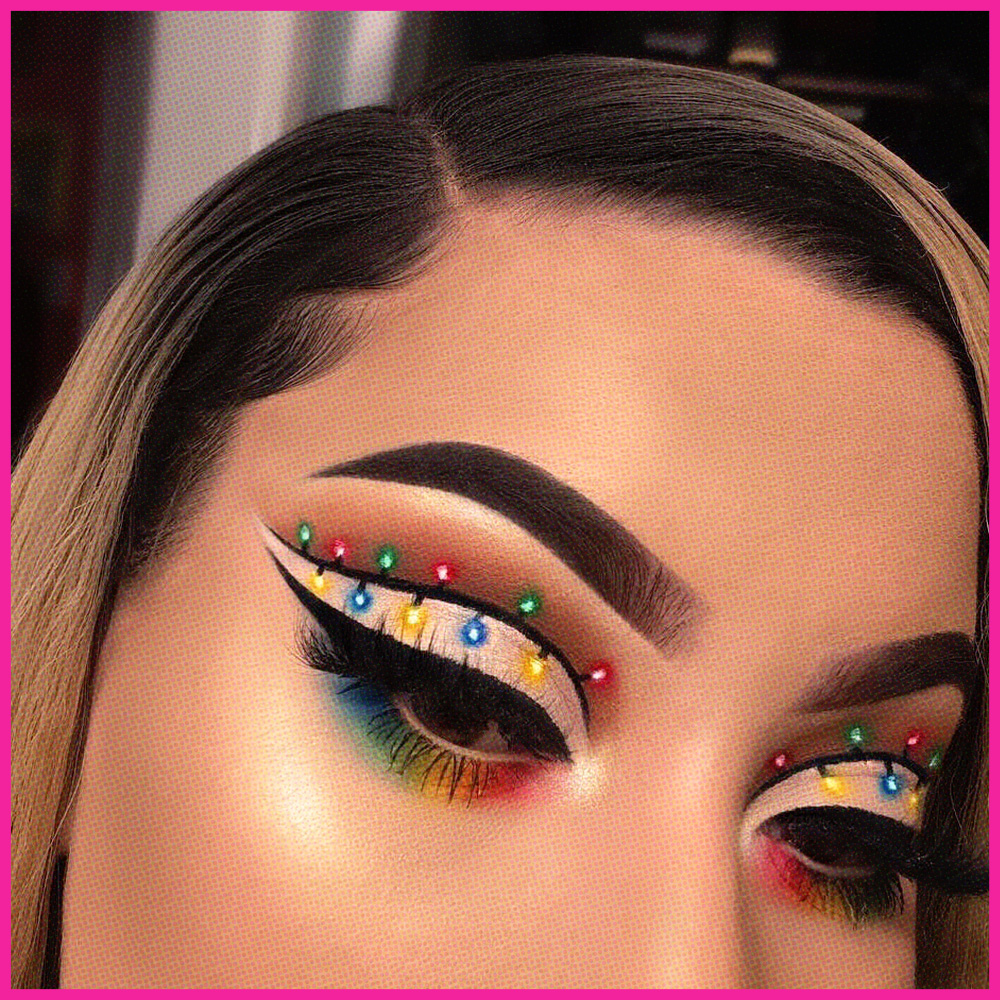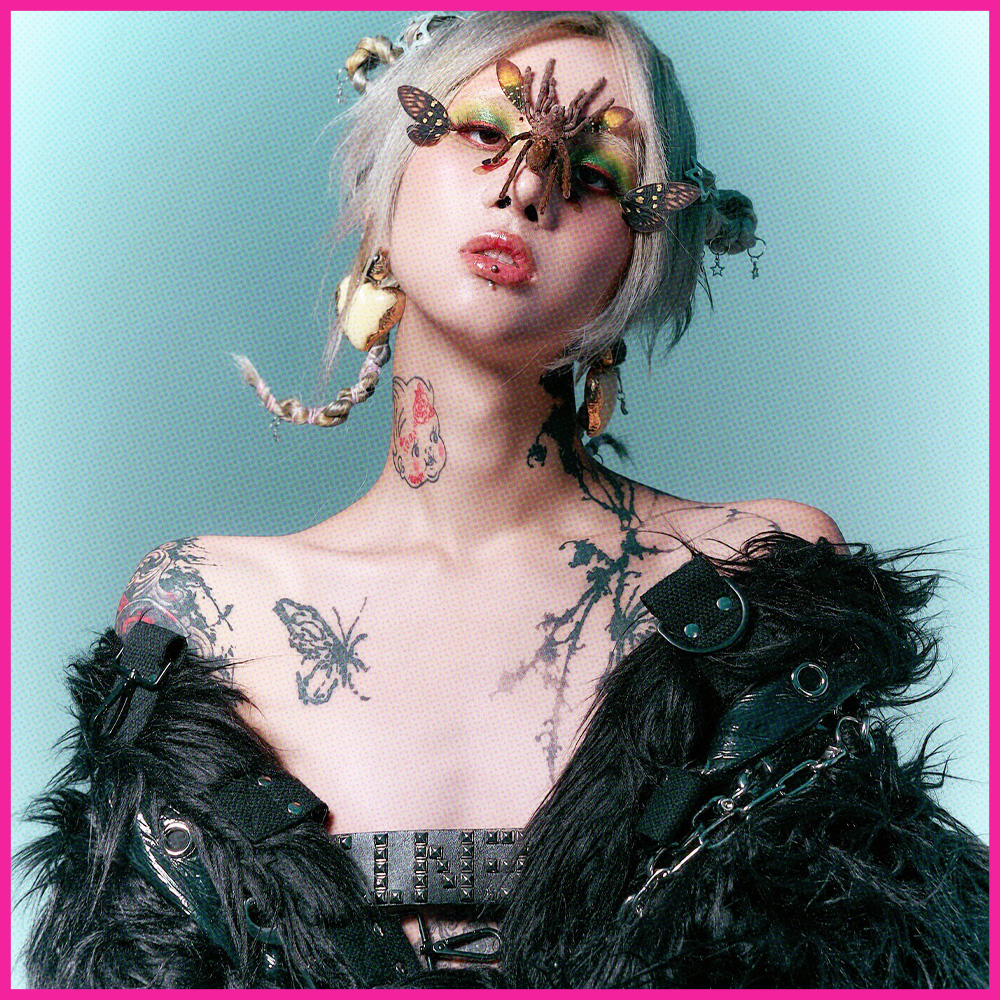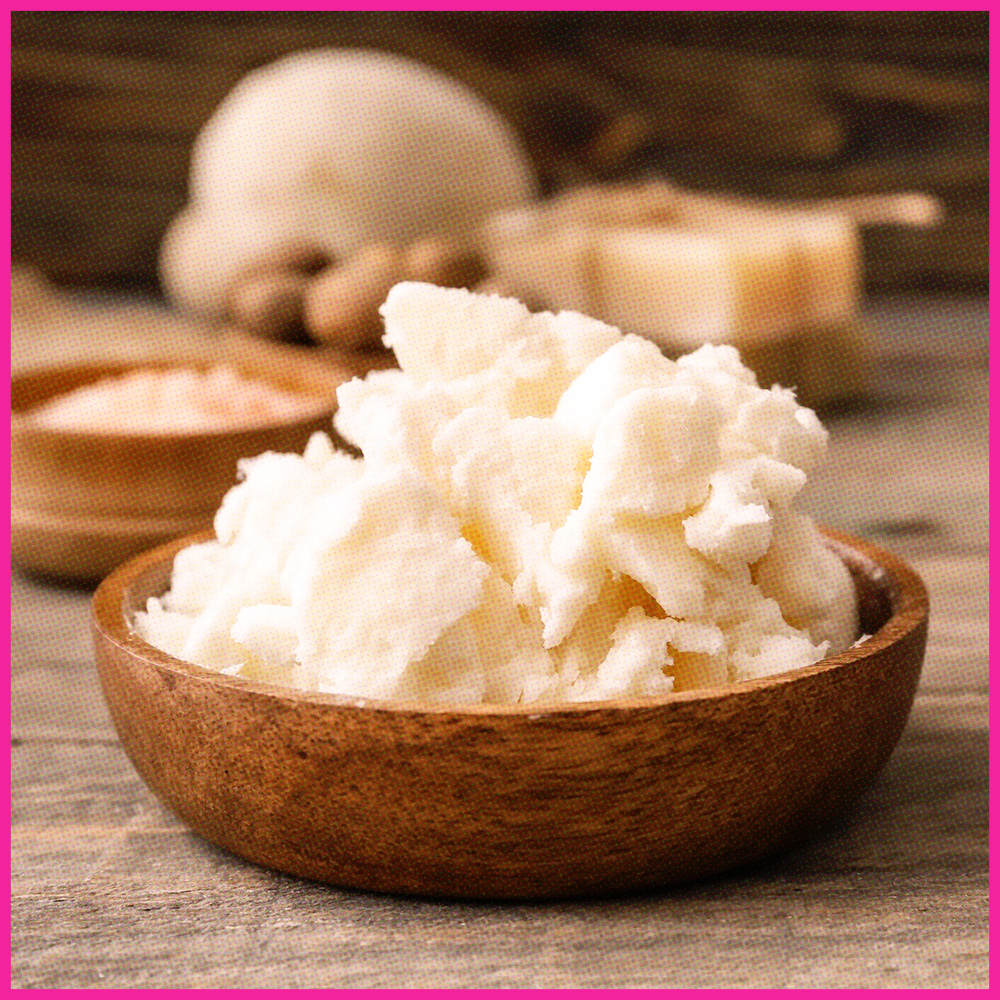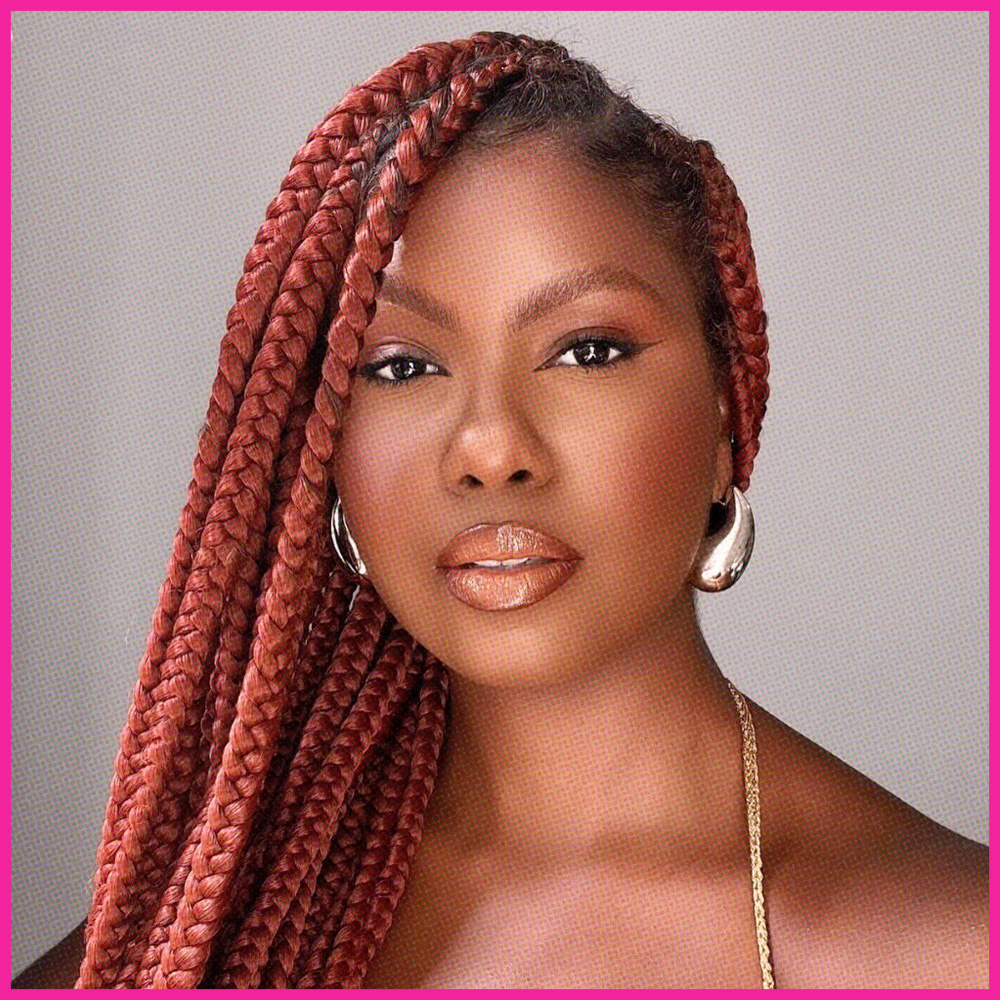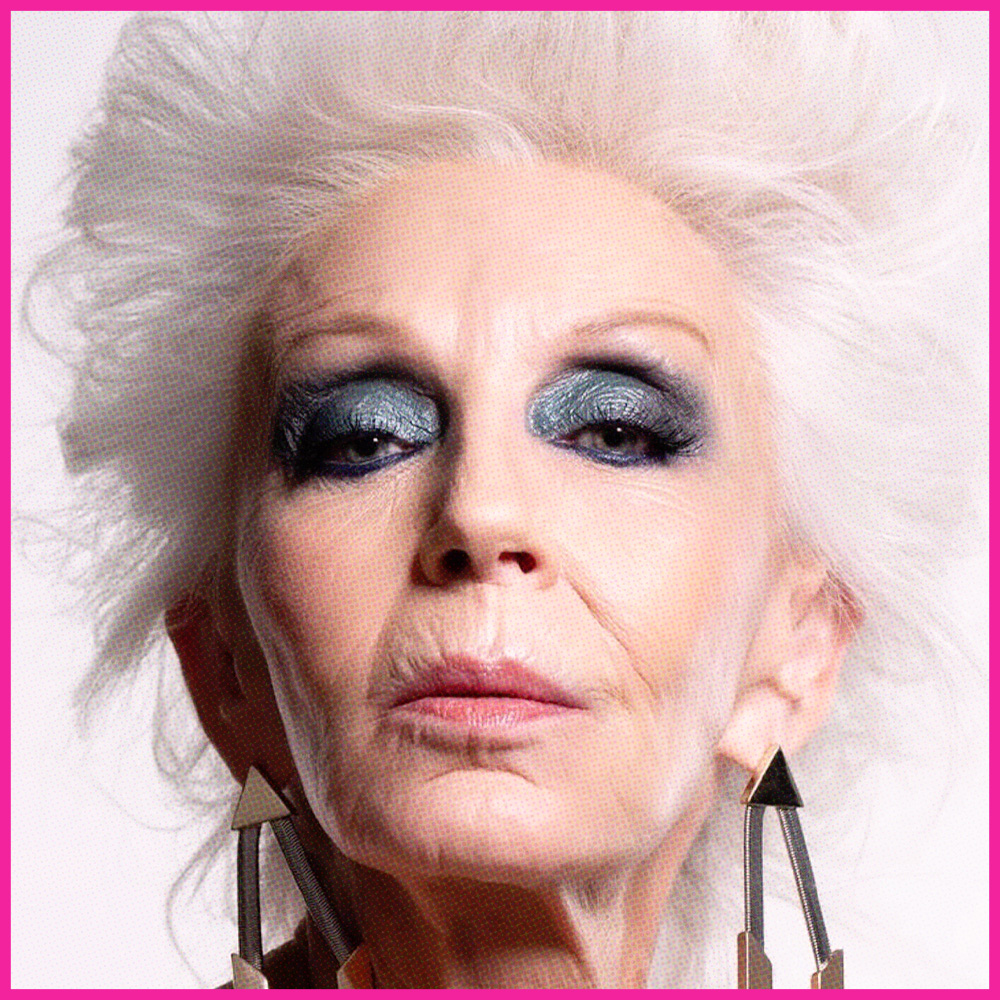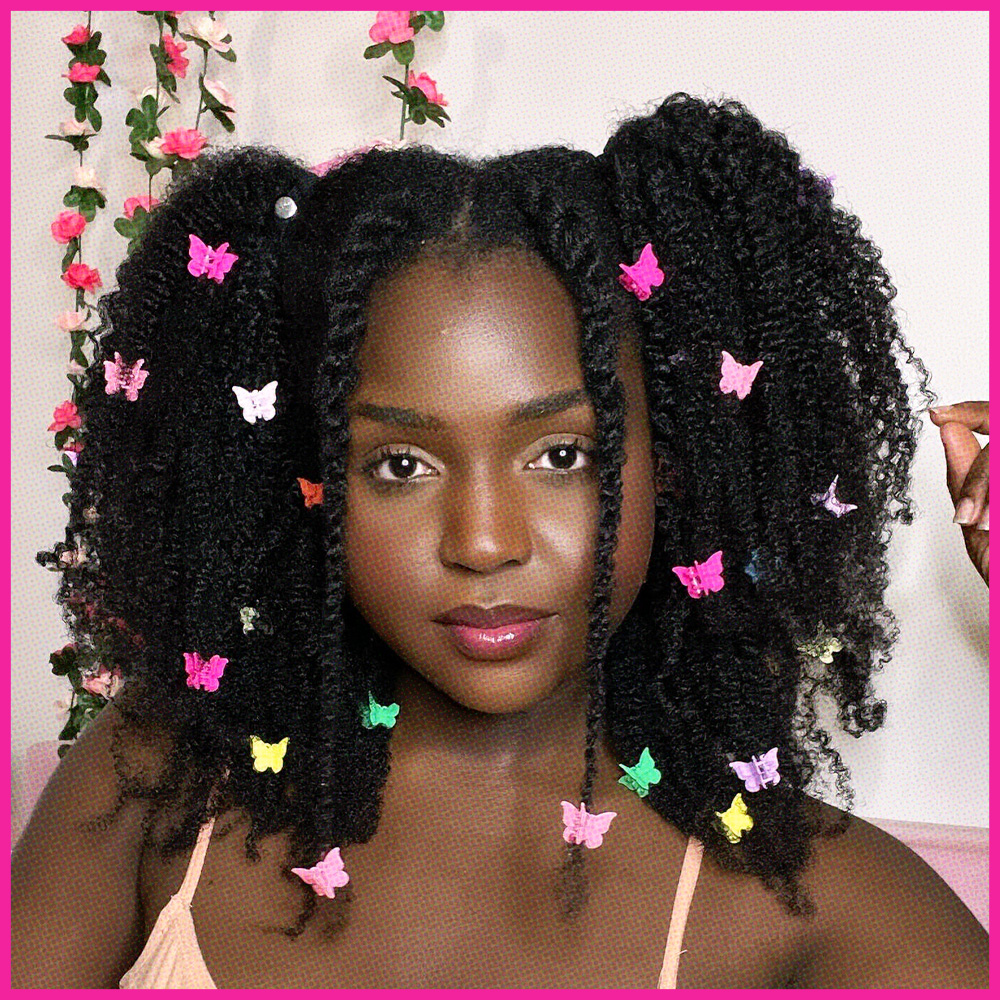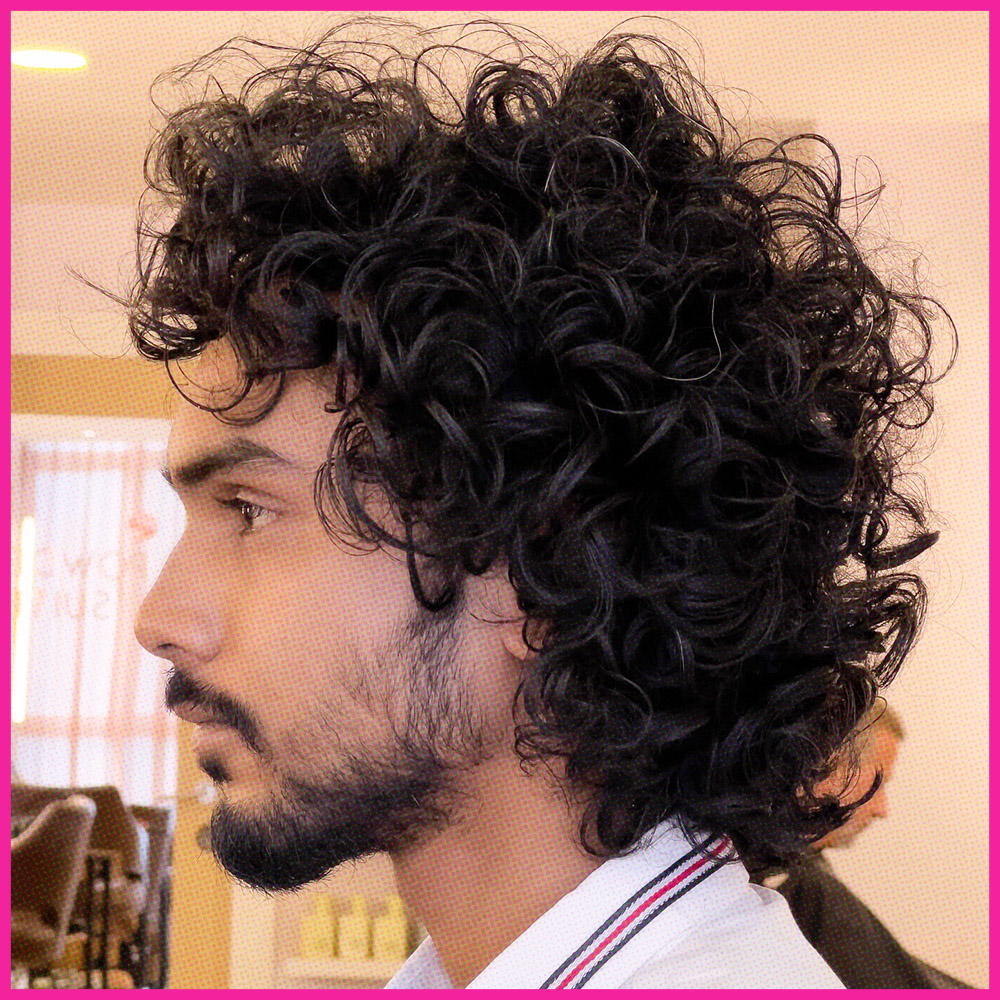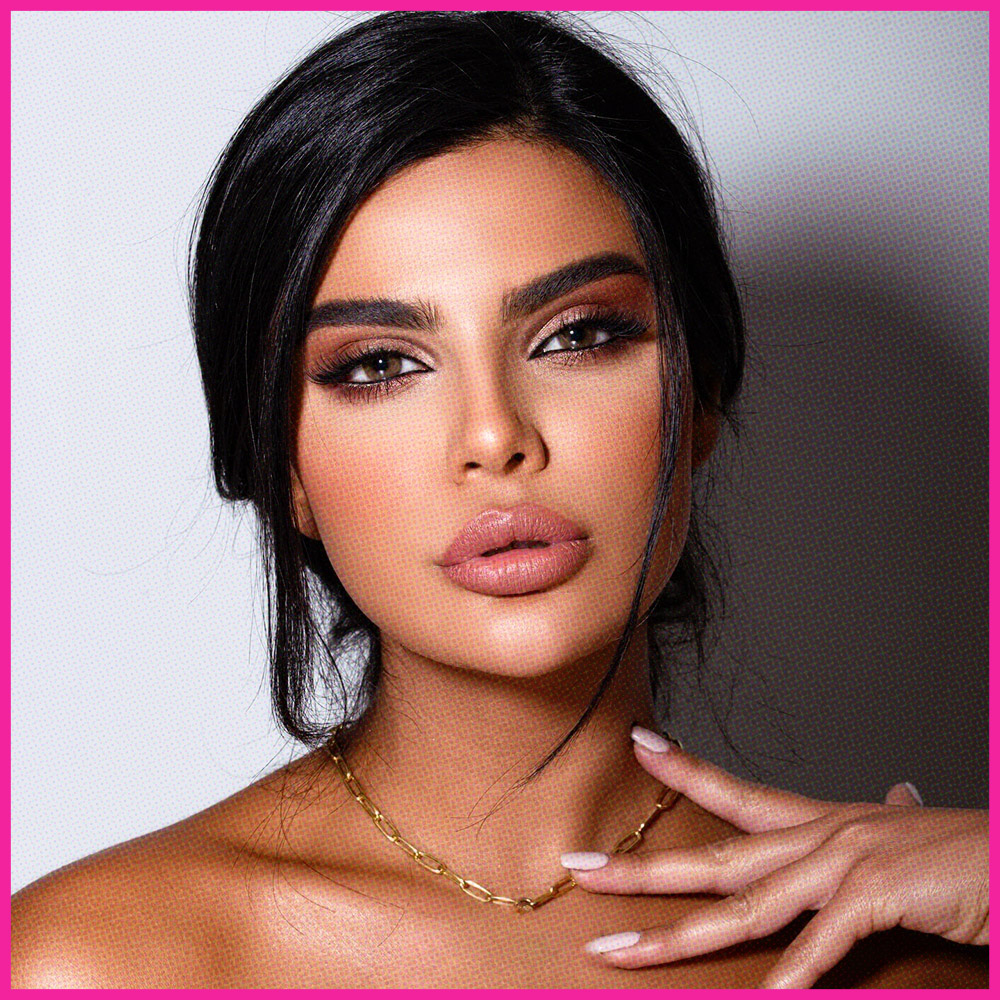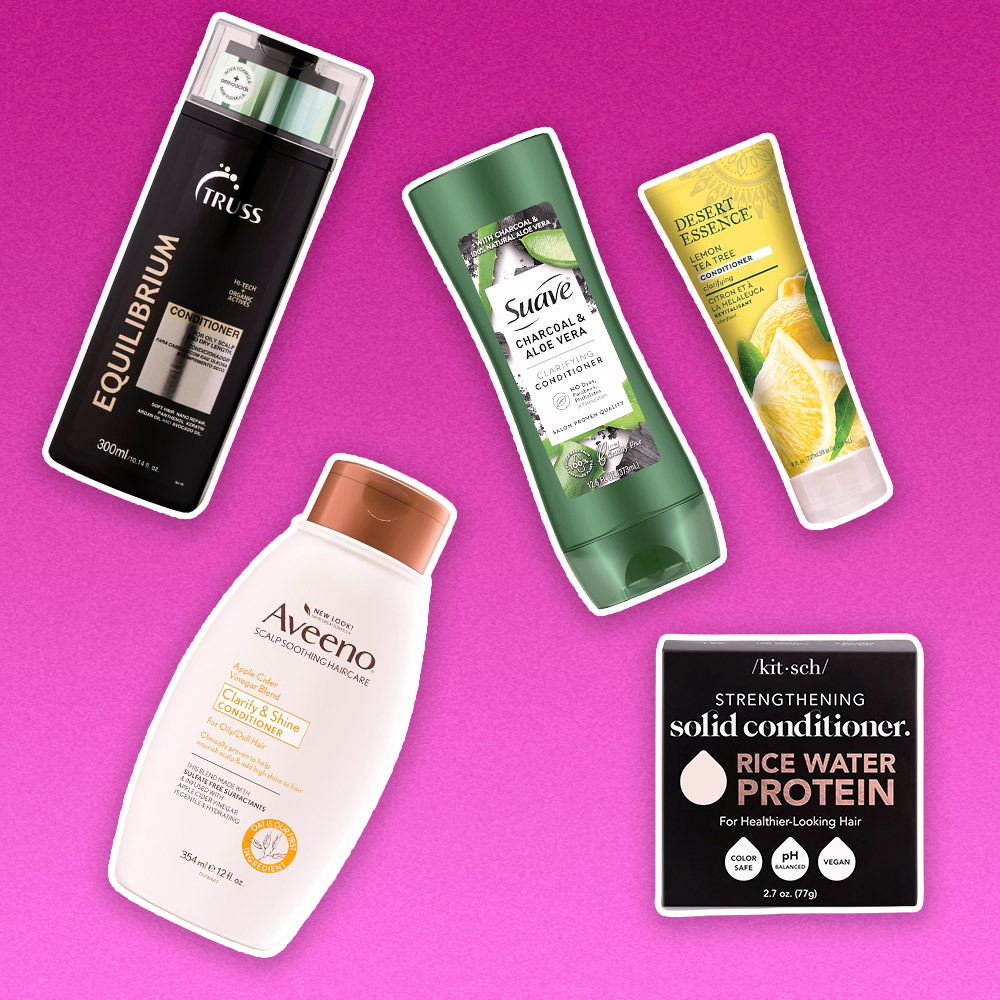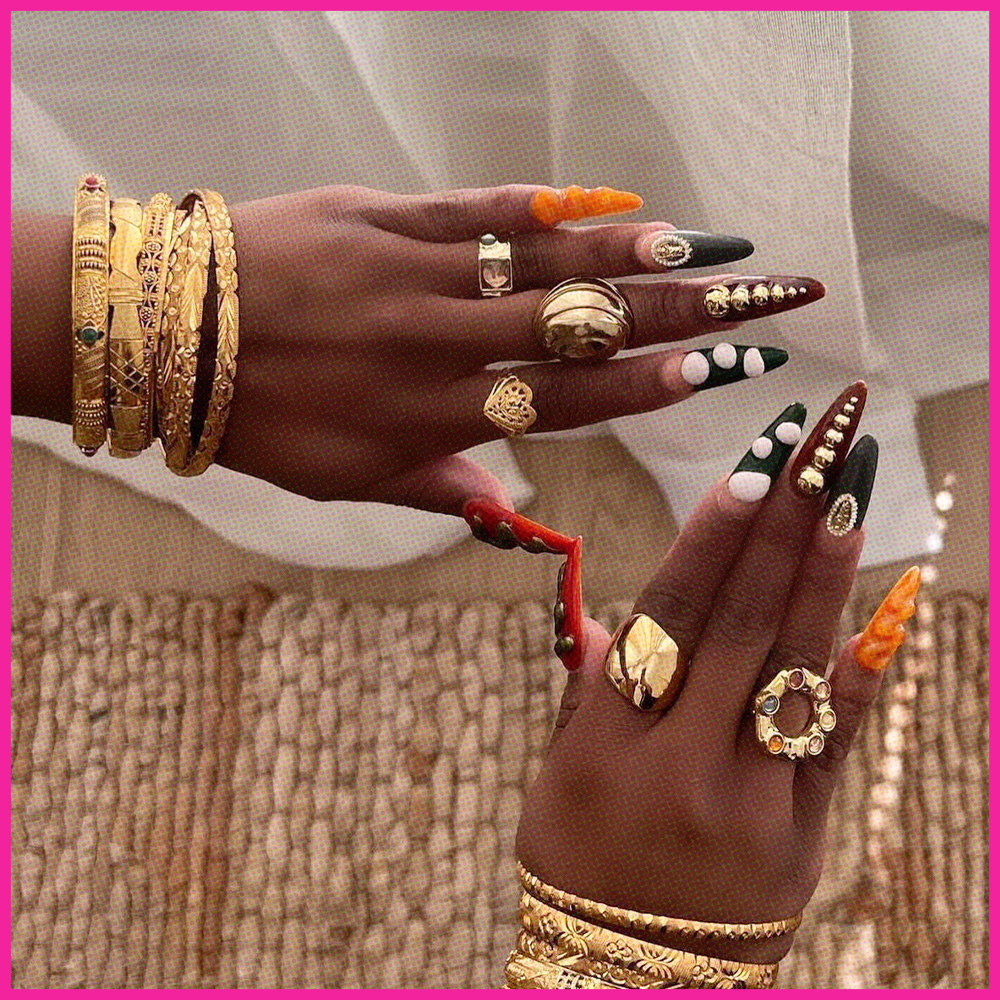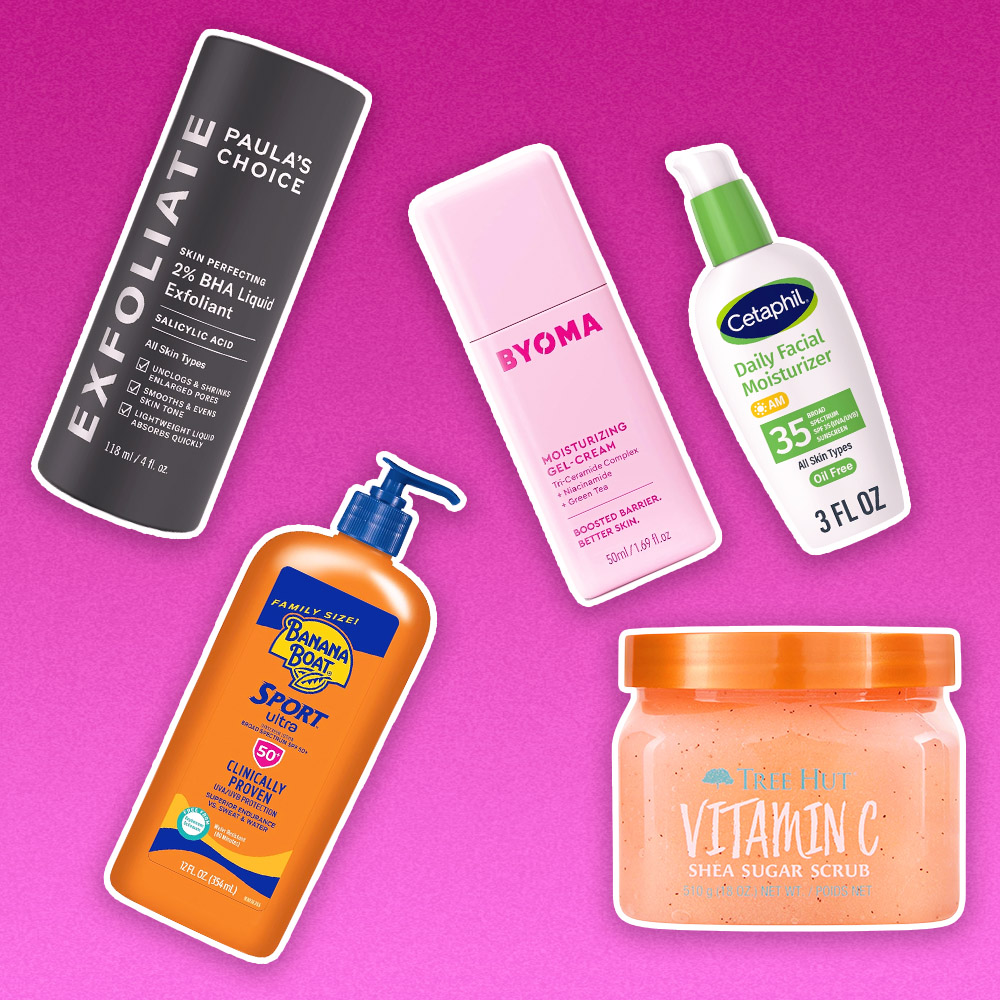When it comes to maintaining healthy hair, most people focus on external treatments—shampoos, conditioners, and styling products. However, what you eat plays a crucial role in the health of your hair. The question arises: can eating unhealthy junk food affect your hair growth? The answer is a resounding yes. Let’s explore how diet impacts hair health, the specific ways junk food can hinder hair growth, and what you can do to promote luscious locks.
The Connection Between Diet and Hair Health
Hair growth is a complex process that requires a variety of nutrients to thrive. Hair follicles need essential vitamins, minerals, and proteins to produce healthy strands. A poor diet lacking in these vital nutrients can lead to weakened hair and even hair loss.
Key Nutrients for Healthy Hair Growth
- Proteins: Hair is primarily made of a protein called keratin. Consuming adequate protein helps ensure that your body has the building blocks it needs for hair production.
- Vitamins: B vitamins, particularly biotin, are essential for hair growth. Vitamins A, C, D, and E also contribute to healthy hair by supporting the scalp and hair follicles.
- Minerals: Iron, zinc, and magnesium are crucial for maintaining hair health. Iron deficiency, for instance, can lead to hair thinning.
- Healthy Fats: Omega-3 fatty acids help nourish the hair and support scalp health, promoting a healthy environment for growth.
How Junk Food Affects Hair Growth
1. Nutritional Deficiencies
Unhealthy junk food is typically high in calories but low in essential nutrients. A diet rich in fast food, sugary snacks, and processed foods can lead to deficiencies in the vitamins and minerals necessary for hair growth. For example, a lack of iron can result in anemia, a condition that often manifests as hair loss.
2. Increased Inflammation
Many junk foods, especially those high in sugar and unhealthy fats, can promote inflammation in the body. Chronic inflammation can disrupt the hair growth cycle and lead to conditions like telogen effluvium, where hair follicles enter a resting phase and excessive shedding occurs.
3. Hormonal Imbalances
Unhealthy eating habits can lead to hormonal imbalances, particularly with insulin and androgens. High sugar and refined carbohydrate intake can spike insulin levels, potentially leading to increased production of androgens, which are hormones that can contribute to hair loss, especially in women.
4. Scalp Health
A poor diet can negatively impact scalp health. For instance, diets high in unhealthy fats can lead to excessive oil production, clogged hair follicles, and dandruff. A healthy scalp is essential for hair growth, as it provides the right environment for hair follicles to thrive.
5. Stress and Lifestyle Factors
Eating junk food is often linked to stress and poor lifestyle choices. Stress itself is a well-known factor that can impede hair growth and lead to hair loss. Additionally, poor eating habits can lead to fatigue and low energy, making it harder to maintain a healthy hair care routine.
Signs That Your Diet Is Affecting Your Hair
If you suspect that your diet might be impacting your hair growth, look out for these signs:
- Increased Hair Shedding: Noticing more hair in your brush or on your clothes can be a red flag.
- Thinning Hair: If your hair appears less dense than usual, it may be time to reevaluate your dietary choices.
- Dullness and Lack of Shine: Healthy hair should have a natural luster. A lack of shine can indicate nutritional deficits.
- Dry and Brittle Strands: If your hair feels dry or breaks easily, it may be a sign that you’re not getting enough healthy fats and proteins.
Tips for Promoting Healthy Hair Growth
- Balanced Diet: Focus on a well-rounded diet rich in whole foods, including fruits, vegetables, lean proteins, and healthy fats. Incorporate foods like eggs, nuts, fish, and leafy greens for optimal nutrition.
- Hydration: Drink plenty of water to keep your body and scalp hydrated. Proper hydration is essential for the health of your hair and skin.
- Limit Sugar and Processed Foods: Reduce your intake of sugary snacks and processed foods. Opt for healthier alternatives like fruits, nuts, and whole grains.
- Consider Supplements: If you struggle to get enough nutrients from your diet, consider taking supplements, especially biotin, vitamins D and E, and omega-3 fatty acids. Consult with a healthcare professional before starting any new supplement.
- Regular Exercise: Exercise improves blood circulation, which helps deliver essential nutrients to the scalp and promotes healthy hair growth.
- Manage Stress: Practice stress-reducing techniques such as meditation, yoga, or deep breathing exercises to help lower stress levels that can impact hair health.
Conclusion
In summary, eating unhealthy junk food can indeed affect your hair growth negatively. A diet lacking in essential nutrients can lead to deficiencies, inflammation, hormonal imbalances, and poor scalp health—all of which contribute to hair thinning and loss. By prioritizing a balanced diet rich in vitamins, minerals, and healthy fats, you can foster an environment conducive to healthy hair growth. Remember, your hair reflects your overall health, so nourishing your body from the inside out is key to achieving the luscious locks you desire.
